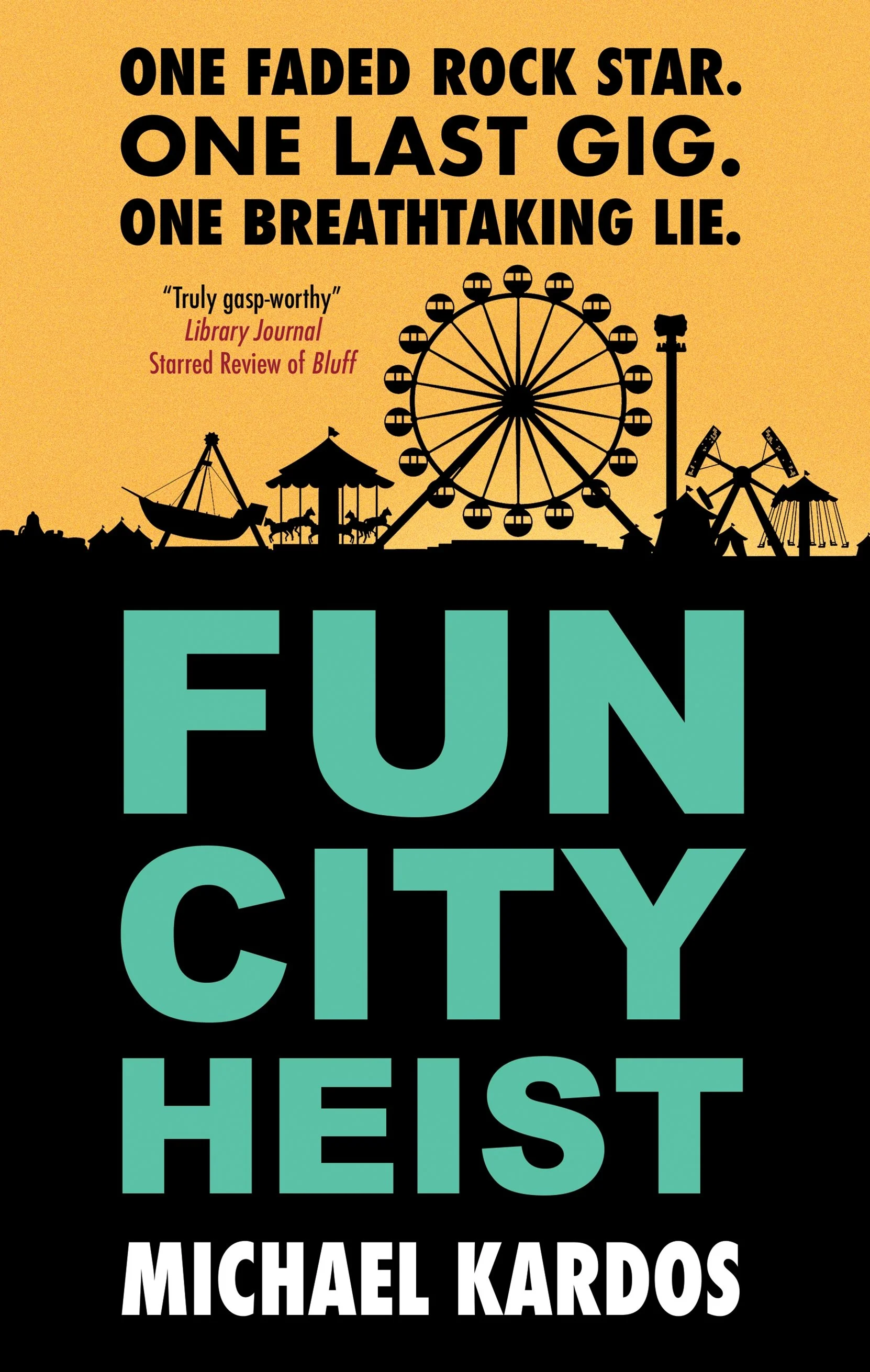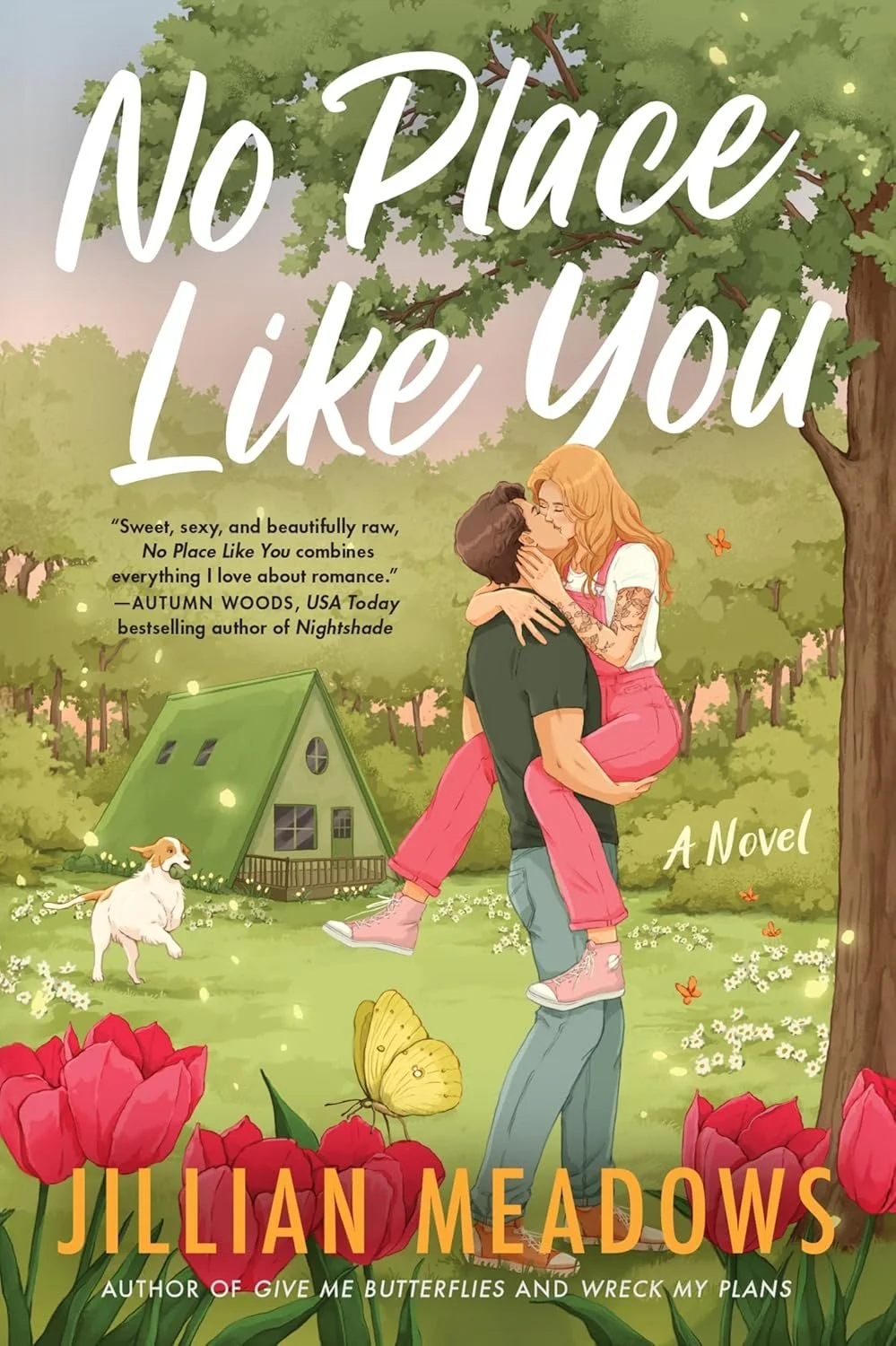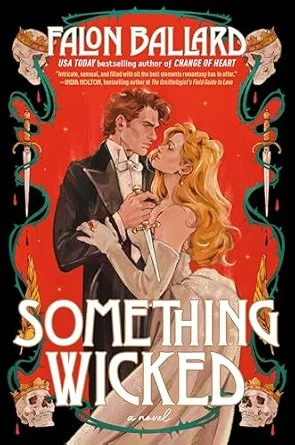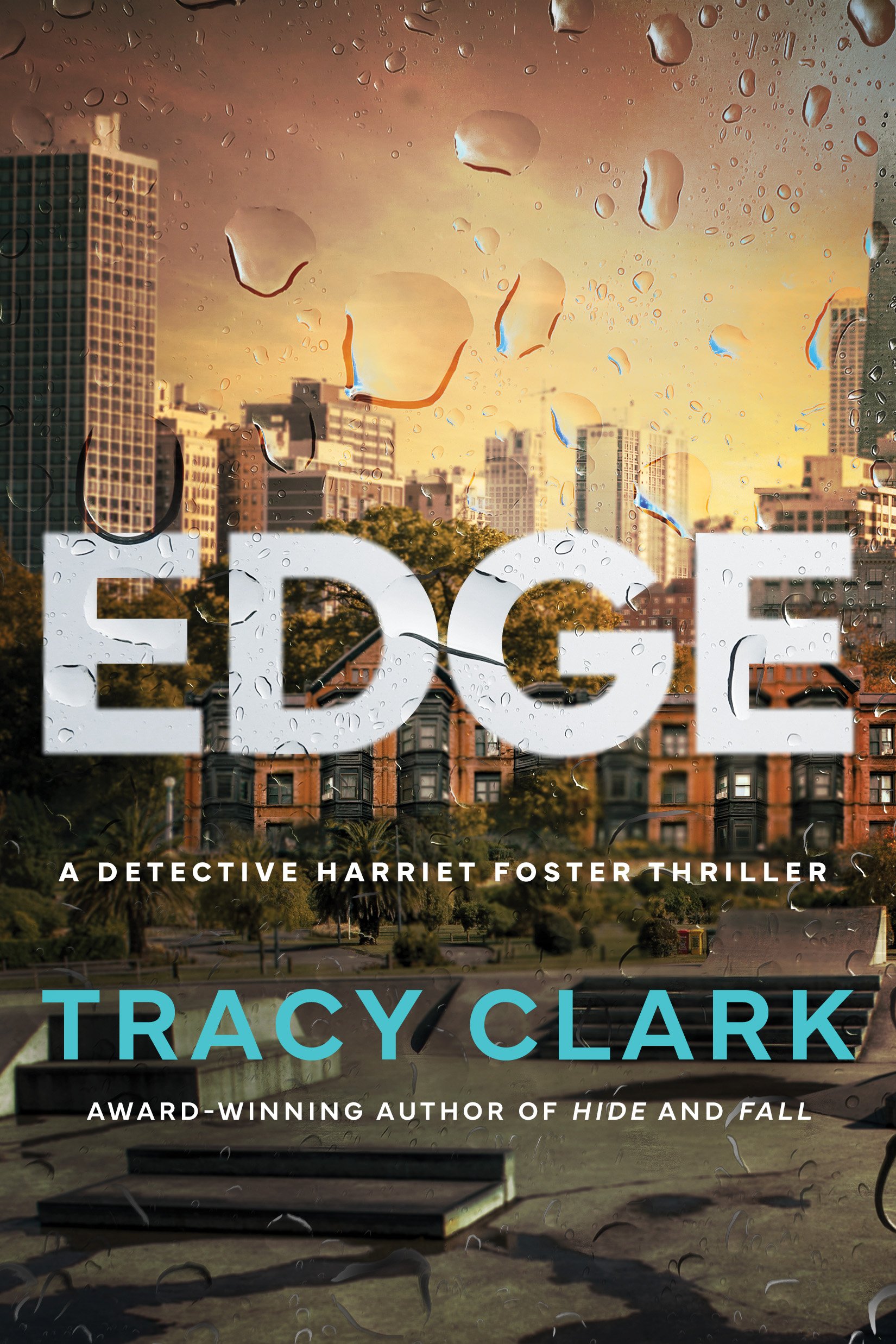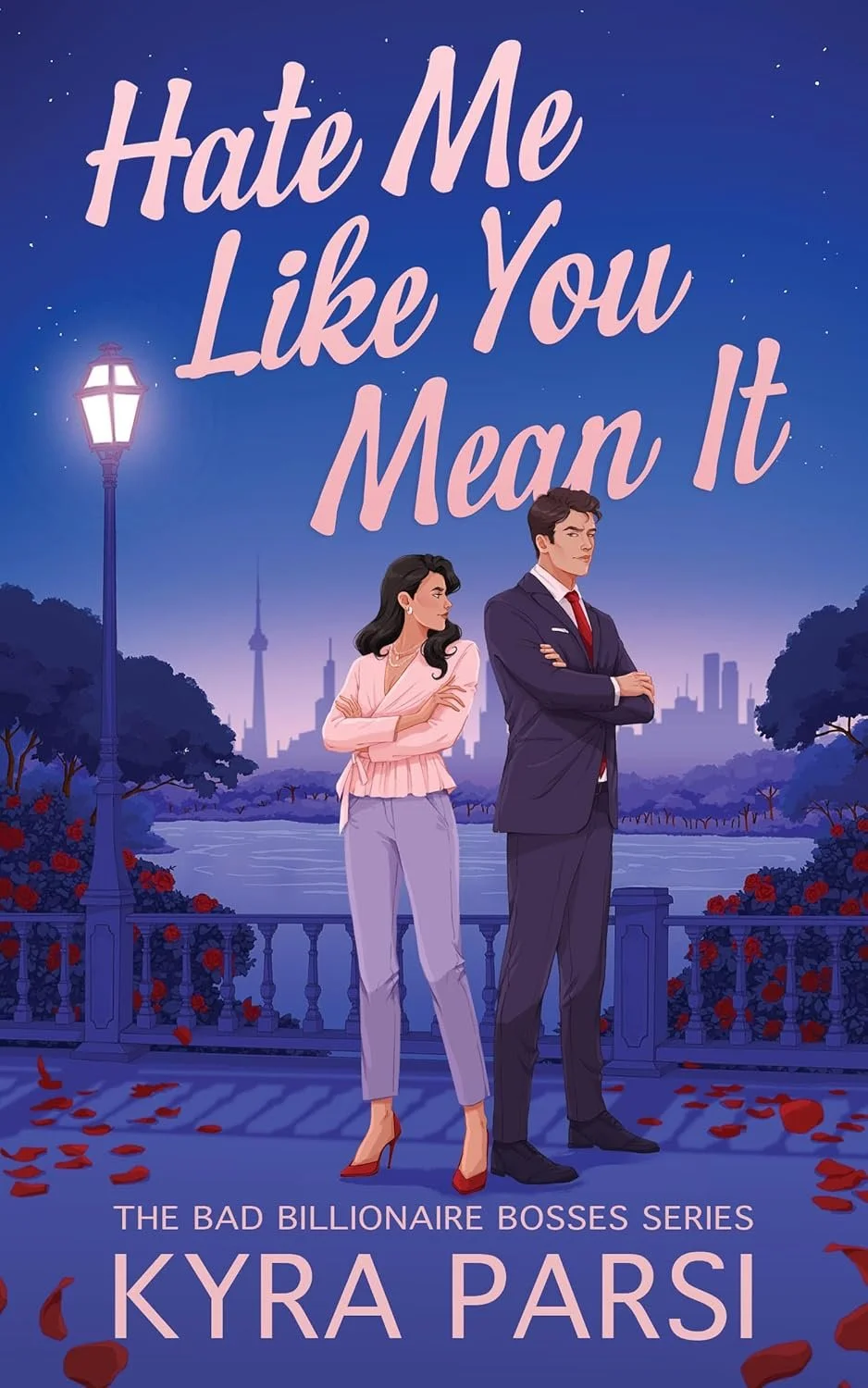Review: Lucid by Irene Elliot
/Summary
Olive hasn't had her own dreams since she was little. She spends her nights now stealing others, changing them, experiencing what others see when they sleep. Her best friend dreams about a boy, but that boy only fantasizes about a girl he already has. Her father dreams about a life with other women, away from his family, living out his mid-life crisis. Her mother is depressed and only sees the failures of her life turned real when she closes her eyes, trapped in a torrent of nightmares surrounding her ailing career as an artist. Olive can fix it though. She can change the way they think, change the way they feel - she can and will make them better... or so she believes
Review
Author Irene Elliot impresses us with her debut novel Lucid, a blend of fantasy and confident prose that borders on the psychological, at times.
Our protagonist, Olive, has troublesome dreams—the catch, however, is that they are not her own. Instead, Olive experiences her loved ones’ dreams, which make for confusing, as well as deeply disturbing experiences.
Elliot’s prose is sure of itself, which is remarkable in its own right, as well as admirable in a new author. The writing’s rhythm is tight, and surprising in its depth in moments, for there is an underlying intelligence to the prose that manages to fit comfortably within the young protagonist’s head. Elliot is also drawn to sentences that are tangible, allowing her story a pop of physical life—the heaving of a chest and prickle of skin—that make for a sensory reading experience.
The attention to detail is what struck me the most about the novel—while the plot is also well-crafted, the minutia, the smaller things that Elliot pays due to in her words, is what captured me the most, and made me want to stay within the confines of her novel. This way of crafting her story also melts into her dialogue, which is believable, and not afraid of capturing the mundane half sentences we use in the every day: the Mm’s, the lazy slang we’ve all been privy to in our teenage years, and the straight-forward approach to the reality of dialogue—there’s both beauty as well as ugliness in it, which, if anything, completes the novel, full-circle, lending an air of humanness adjacent to the fantastical. Lucid is well worth a read.
Reviewed by M.B. Sellers
Pages: 205
Published: February 20, 2015



